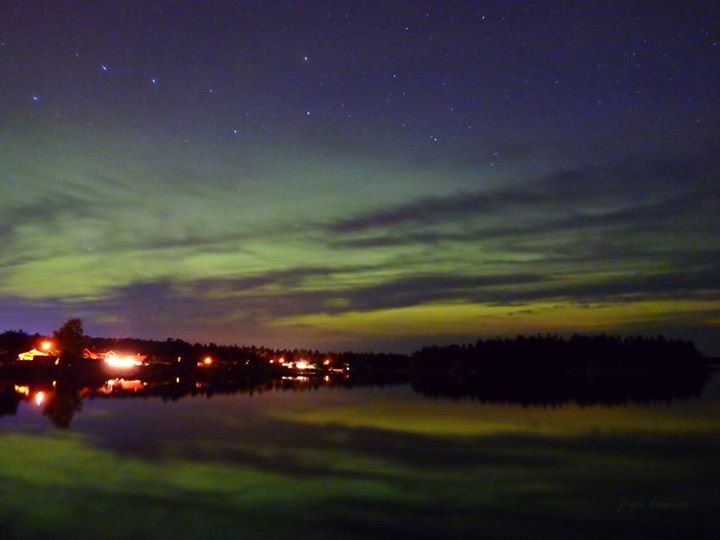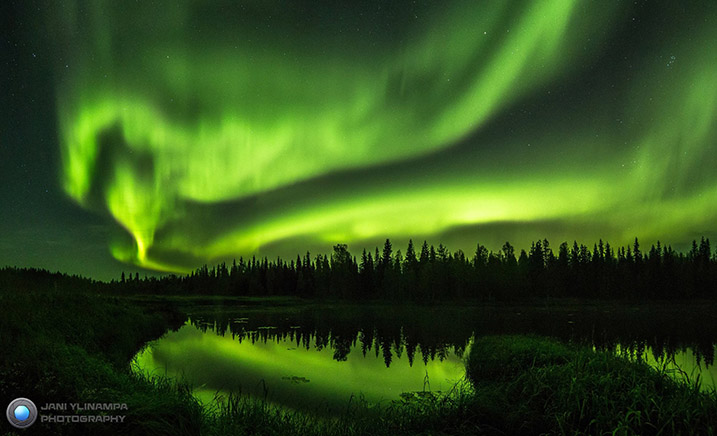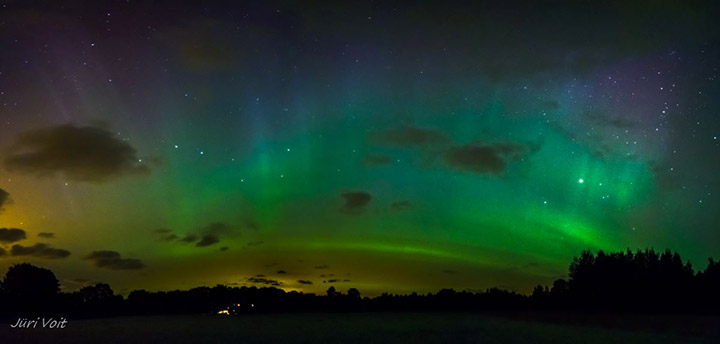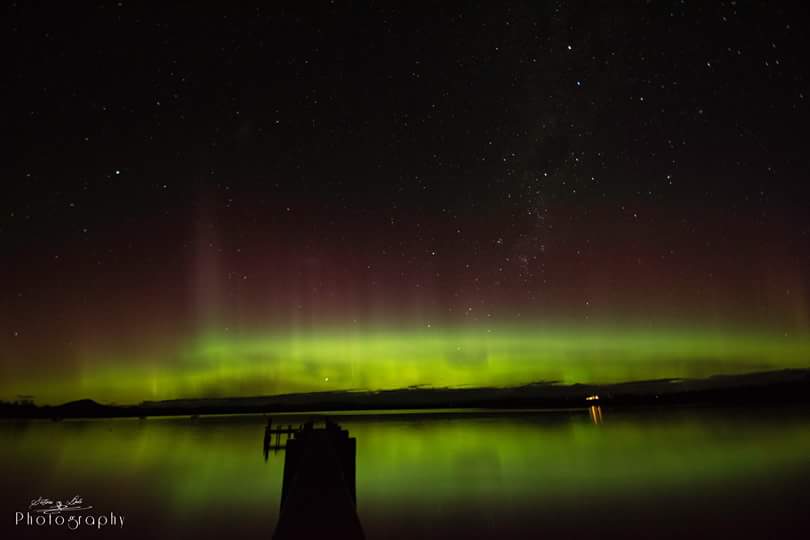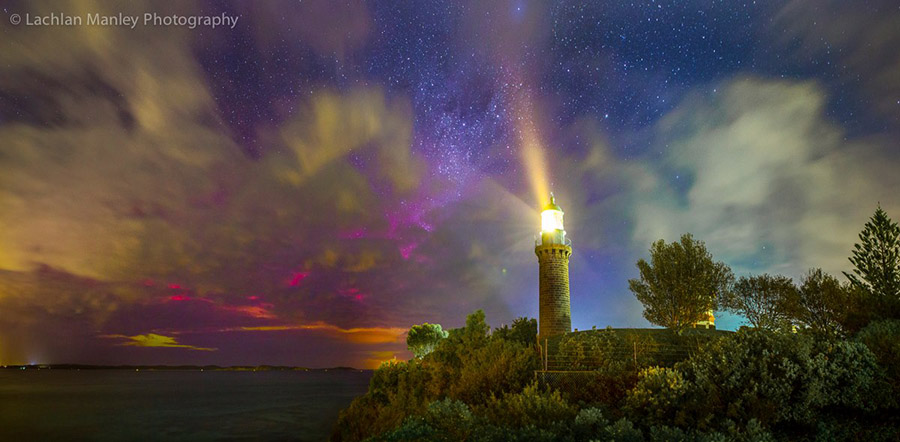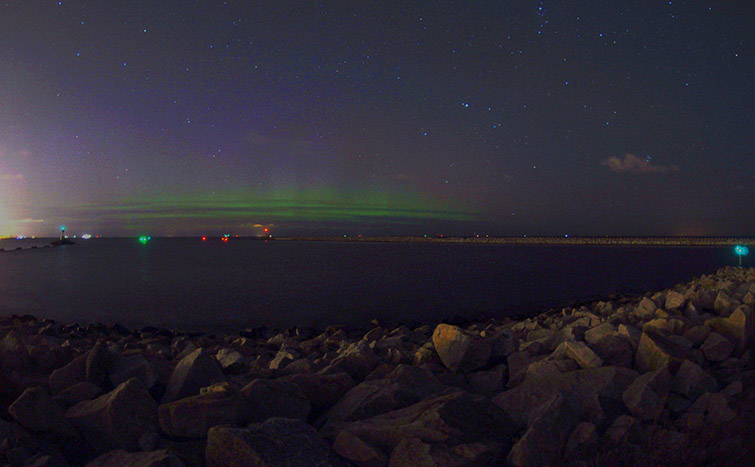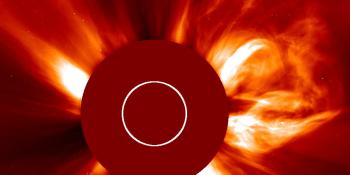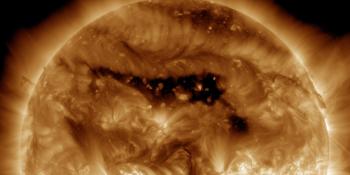Calm before the next storm?
Thursday, 10 September 2015 14:23 UTC

The geomagnetic conditions here at Earth are finally calming down a bit after days of geomagnetic storming. The solar wind speed is at 400km/s with the total strength of the IMF (Bt) being at 6nT. Keep on reading for a couple of fantastic images made during the past 36 hours.
Header image: Nick Dobinson (Randals Bay, Tasmania, Australia)
Image: Jörgen Norrland Andersson (Sweden)
Image: Jani Ylinampa Photography (Rovaniemi, Finland)
Image: Jüri Voit (Estonia)
Image: Pat Ti (Kingston Beach, Tasmania, Australia)
Image: Setina Dale (Tasmania, Australia)
Image: Lachlan Manley Photography (Tasmania, Australia)
Image: Paweł Drabowicz (Poland)
This period of relative rest will likely not last all that long as we expect a coronal hole solar wind stream to arrive tomorrow which could once again bring us back into geomagnetic storming conditions. This solar wind stream will likely be followed by another solar wind stream from a northern hemisphere coronal hole so we could again be looking at multiple days of geomagnetic unrest starting this weekend and into the beginning of next week.
This video from NASA's Solar Dynamics Observatory shows 48 hours worth of footage in the 211 Angstrom wavelength. The dark areas are coronal holes which will likely cause geomagnetic unrest in the days ahead. In the beginning of this video you will see a trans equatorial coronal hole, which should start to affect Earth tomorrow. Later in the video you will see a very large northern hemisphere coronal hole which will likely influence Earth next week.
Thank you for reading this article! Did you have any trouble with the technical terms used in this article? Our help section is the place to be where you can find in-depth articles, a FAQ and a list with common abbreviations. Still puzzled? Just post on our forum where we will help you the best we can!
Latest news
Latest forum messages
Support SpaceWeatherLive.com!
A lot of people come to SpaceWeatherLive to follow the Sun's activity or if there is aurora to be seen, but with more traffic comes higher server costs. Consider a donation if you enjoy SpaceWeatherLive so we can keep the website online!

Space weather facts
| Last X-flare | 2024/12/08 | X2.2 |
| Last M-flare | 2024/12/22 | M1.0 |
| Last geomagnetic storm | 2024/12/17 | Kp5+ (G1) |
| Spotless days | |
|---|---|
| Last spotless day | 2022/06/08 |
| Monthly mean Sunspot Number | |
|---|---|
| November 2024 | 152.5 -13.9 |
| December 2024 | 103.3 -49.2 |
| Last 30 days | 115.4 -40.8 |
